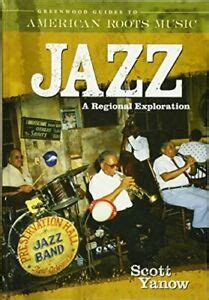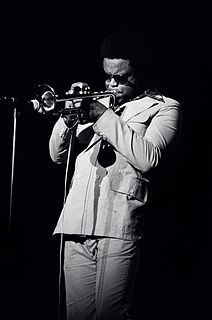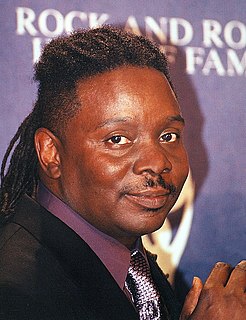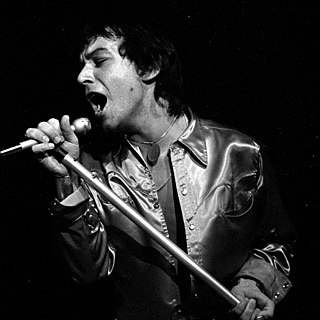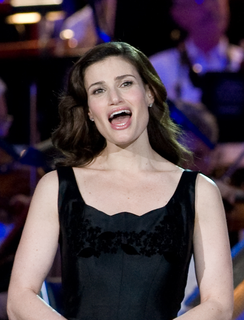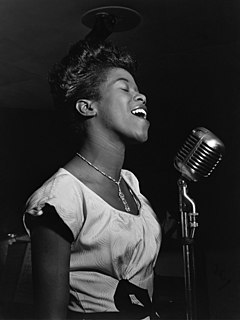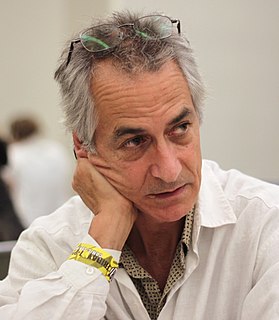A Quote by Harvey Pekar
I kept on buying records and listening to them. Finally, I was able to hear the relationship between the jazz improvisers' solos and the underlying structure that it's based on, the chord progression. That was pretty easy to do in the swing era, y'know, when jazz was, like, pop music, you know. It had made the charts and everything like that.
Related Quotes
I love jazz. So to me, there are two main types of jazz. There's dancing jazz, and then there's listening jazz. Listening jazz is like Thelonius Monk or John Coltrane, where it's a listening experience. So that's what I like; I like to make stuff that you listen to. It's not really meant to get you up; it's meant to get your mind focused. That's why you sit and listen to jazz. You dance to big band or whatever, but for the most part, you sit and listen to jazz. I think it comes from that aesthetic, trying to take that jazz listening experience and put it on hip-hop.
I don't know why people call me a jazz singer, though I guess people associate me with jazz because I was raised in it, from way back. I'm not putting jazz down, but I'm not a jazz singer...I've recorded all kinds of music, but (to them) I'm either a jazz singer or a blues singer. I can't sing a blues – just a right-out blues – but I can put the blues in whatever I sing. I might sing 'Send In the Clowns' and I might stick a little bluesy part in it, or any song. What I want to do, music-wise, is all kinds of music that I like, and I like all kinds of music.
I was lucky enough to grow up in an era when radio was less formatted. It was really special. You could hear a jazz song then a pop song then a show tune then some jazz. Basically, whatever the DJ felt like playing, he would play. He was educating you and exposing you to things you would never hear otherwise.
We don't live in a jazz world, unfortunately. I think if I had lived in a jazz world, I would have done OK. I'm not sure I would have done great. I'm a lover of jazz music, so I would have been happy, don't get me wrong. I go to jazz concerts like the biggest jazz fan in world. The drag is that I don't play jazz for a living.
The average age of the Jazz audience is increasing rapidly. Rapidly enough to suggest that there is no replacement among young people. Young people aren't starting to listen to Jazz and carrying it along in their lives with them. Jazz is becoming more like Classical music in terms of its relationship to the audience. And just a Classical music is grappling with the problem of audience development, so is Jazz grappling with this problem. I believe, deeply that Jazz is still a very vital music that has much to say to ordinary people. But it has to be systematic about getting out the message.
I worry more about the marketing that's taken hold since the 70s. The Jazz era, the Swing era, those were huge. Entire decades were named for music. In the 1940s - after World War II - changes in taxation, ballrooms closing, people moving to the suburbs, and the onset of target marketing and the confusion of commerce with art caused some things to happen as a result that have taken us away from jazz and what jazz offers us.

